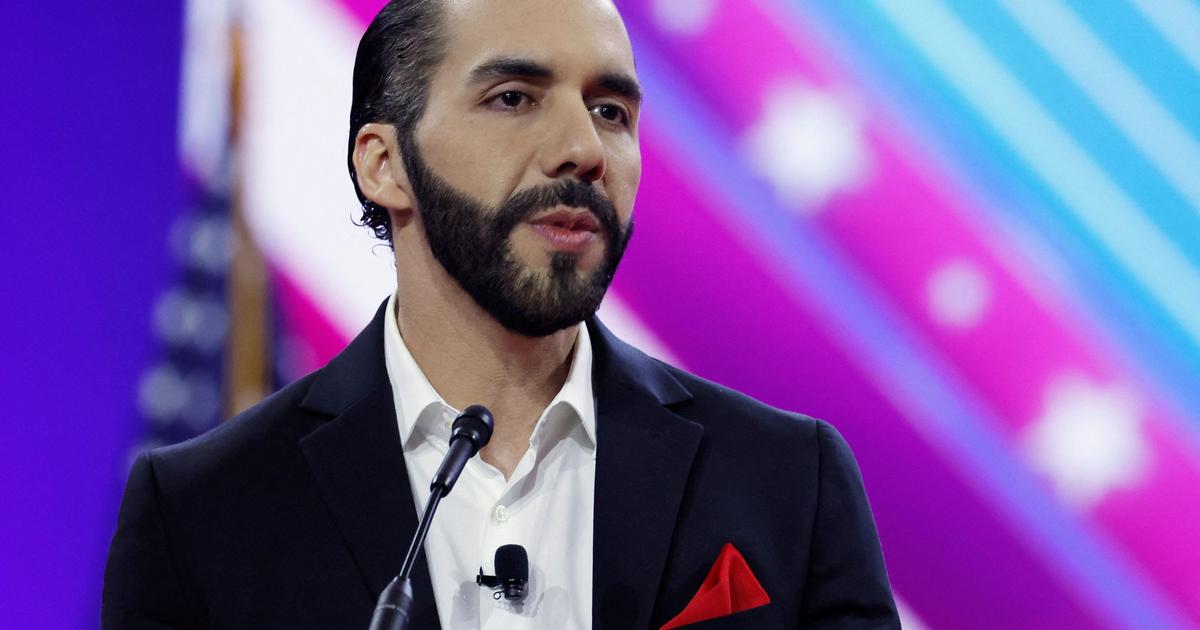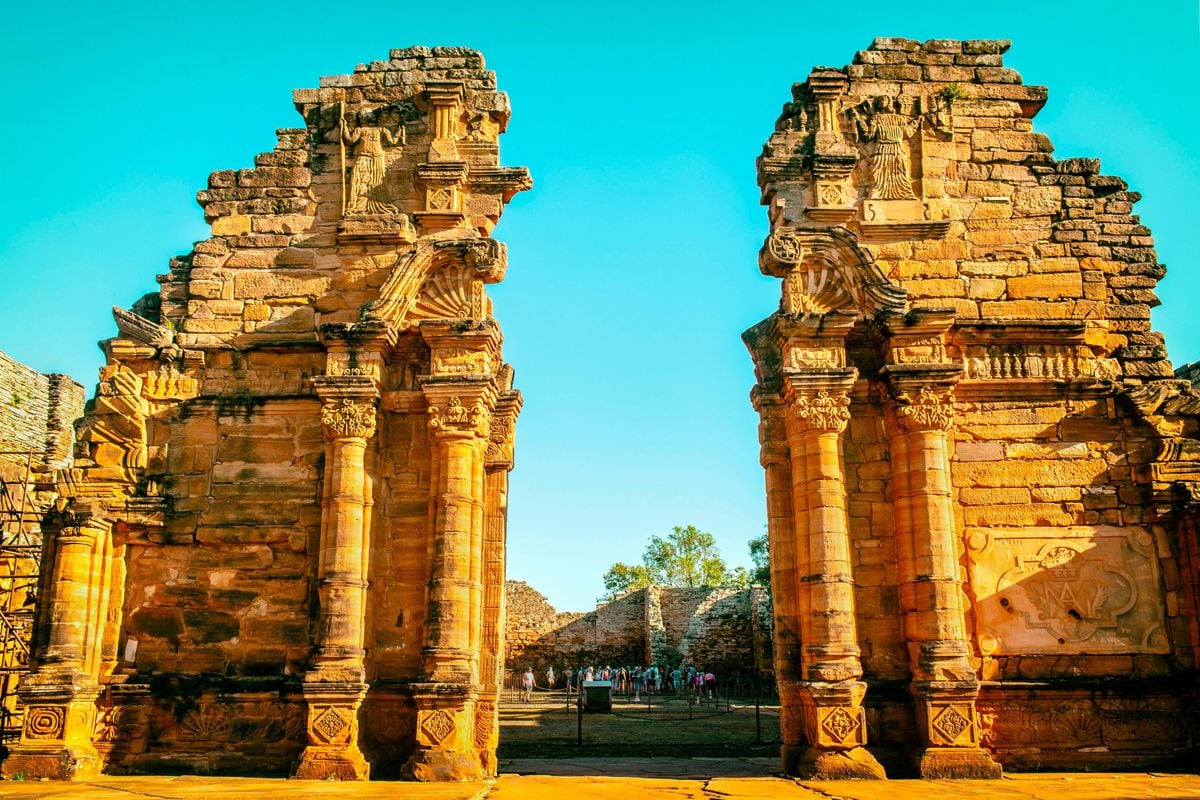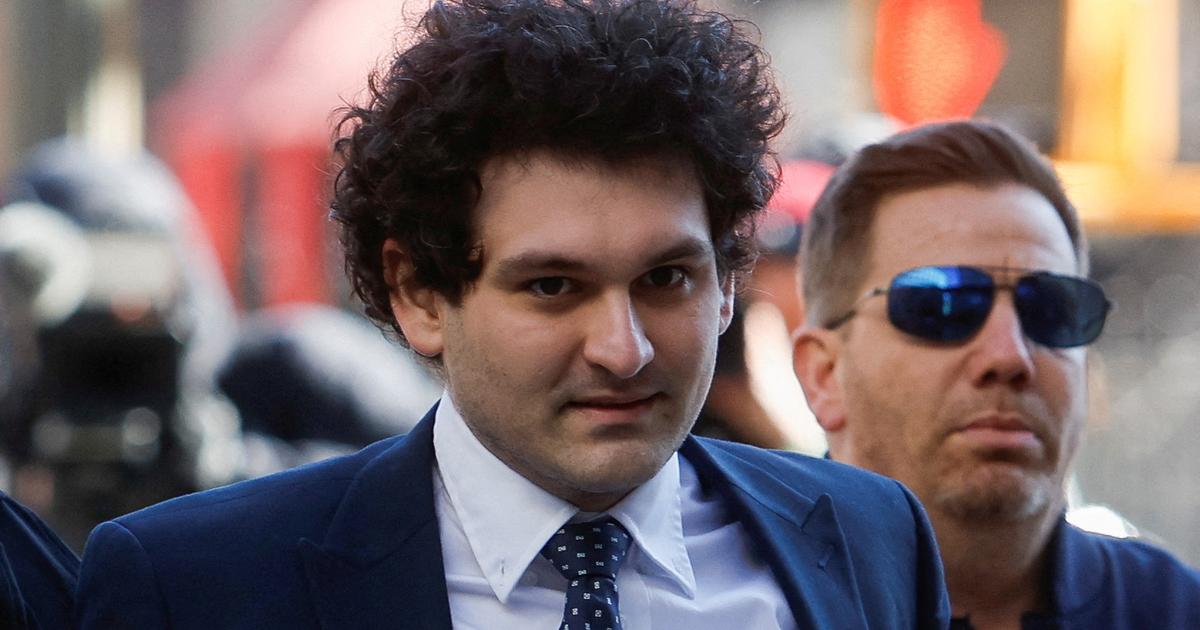It takes a lot of energy and several machines to unravel the chain of codes that makes it possible to obtain a bitcoin, the most famous cryptocurrency on the market.
And, if there is something that Paraguay has – besides soybeans, timber and a massive cow population – it is very cheap electricity.
This is why more and more Bitcoin generators are coming to this South American country, which, after France, Germany and Canada, is the world's fourth-largest net exporter of energy, despite being landlocked and not having any petroleum or natural gas reserves.
Since 2020, Paraguay has seen an increasing number of local and foreign companies installing huge metal or concrete containers with rows of computing devices, fans and air conditioners in industrial spaces, but also in cities that were once jungles – such as Ciudad del Este, San Pedro or Paraguarí – and in rural towns that are full of German descendants, like Villarrica.
This phenomenon is due to some of the lowest electricity rates in the world, as well as legislation that offers mining companies several benefits, including lower energy prices, tax exemptions and a light regulatory framework.
Along with El Salvador or Venezuela, Paraguay has been debating a regulation on crypto mining that only awaits the approval or veto of President Mario Abdo Benítez, of the conservative Colorado Party.
For the 55-year-old President – a computer scientist and university professor by profession – this law seeks to lower costs for the “industrial [crypto] miner,” but does not provide tools or protections for the “amateur, domestic or homemade miner” .”
Benítez was one of the first to connect to the internet in the country in the 1990s.
Since 2010 – before most of us had even heard of cryptocurrencies – he was already “mining” at his home in Asunción.
Today, he manages the largest Telegram discussion group on the subject and is one of the founders of the Paraguayan Association of Blockchain, dedicated to promoting fair regulation of this activity.
“They [the legislators] only met with large mining businessmen, very hastily, without taking into account issues of energy or tax policy,” Benítez told El País, referring to the crypto mining bill approved by the legislative branch.
There are other initiatives also being debated.
One bill proposes that payments from crypto miners be made in advance and in dollars;
Another proposes that the government take advantage of Paraguay's energy surplus to exonerate low-income families from paying full-price, rather than subsidizing wealthy foreign investors.
Paraguayan President Mario Abdo Benítez steps off a plane upon his arrival in Bogotá, Colombia, on August 6. Carlos Ortega (EFE)
Where does Paraguay get so much energy?
Those responsible for the energy surplus are the very long and mighty Paraná and Paraguay rivers, whose water is harnessed by the Itaipú and Yacyretá dams.
However, despite the fact that Paraguay – a country about the size of France – generates an enormous amount of electricity, it hardly has any industry or infrastructure to harness it.
The seven million inhabitants of Paraguay don't have access to trams, trains or electric buses – every form of transportation is powered by fossil fuels, unless you choose to walk or ride a bike.
In fact, the total consumption of electrical energy in the country represents merely 20% of overall energy usage.
Some 42% comes from oil (via imported fuel) and 38% is biomass-generated (via the burning of wood from Paraguay's lush forests).
In Paraguay, small businesses – which make up about 90% of the country's enterprises – connected to the low-voltage network pay about $58 to have one megawatt hour of electricity… or the equivalent of using 90 liters of oil.
However, some crypto miners are paying as little as $18 per megawatt hour.
By comparison, the average price paid in other South American countries is around $100 per megawatt hour.
Mercedes Canese, former Deputy Minister of Mines and Energy of Paraguay, told EL PAÍS: “We are subsidizing their energy… they [the crypto miners] pay us less than when we export.”
In recent years, other critical voices have increasingly pointed out that bitcoin consumes too much energy and generates a very significant carbon footprint, which has led more and more companies to look for clean and cheap energy sources to continue mining.
“We have energy and we give it away… especially to Brazil,” added Canese, referring to an agreement that forces Paraguay to sell to Brazil surplus energy from the Itaipú dam.
The first news about crypto mining in Paraguay came in 2019, when companies linked to local politicians were caught stealing electricity to generate Bitcoin.
There are currently eight open investigations in the Paraguayan Prosecutor's Office regarding this matter.
“Before, only a few companies from Brazil caused problems.
They rented a place, mined for a few months and then disappeared without paying the electricity bill.
But now, there are Canadian, American, Russian and Chinese companies,” explained President Benítez.
He fears that, if he signs the legislative measure on crypto mining into law, foreign investors will have cheap energy without having to pay any taxes and only individuals with substantial purchasing power will be able to mine for bitcoins.
Workers at a bitcoin mine in Whinstone, Texas. MARK FELIX (AFP)
The wealth of Villarrica
In a city with a population of about 60 thousand, surrounded by soybean fields and cows, multinational blockchain companies, such as Future FinTech and Bitfarm, are now competing with local crypto miners.
All together, there are now at least 30 thousand ASICs in Villarica – the computers necessary for the processing of bitcoin.
In Villarrica, German immigrants built their own power line just one year before the dictatorship of Alfredo Stroessner, the longest in the Americas (1954-1989), a regime that took 30 years longer than the locals to bring public power to the area.
The German enterprise, CLYFSA, continues to exist to this day, using legal tricks to remain independent and private.
Some crypto mining companies are located next to their electrical station.
CLYFSA buys subsidized electricity from the state and offers it to its customers at a low rate, starting at $18 per megawatt hour.
For this reason, the director of Future FinTech, Shanchun Huang, stated his interest in “the hydroelectric power and clean energy resources of Paraguay.”
Huang has promised that FinTech will set up a “mining farm” if the company receives “preferential policy treatment.”
Christian Katz is a Paraguayan businessman of German origin, born and raised in Villarrica, who has done very well with cryptocurrency mining.
He owns a company that provides internet service in his city and, a couple of years ago, he jumped on the virtual mining bandwagon.
He also considers himself a “domestic miner,” while also consulting for other companies in the sector.
A street in Guaira.Santi Carneri
“There were many people coming to Villarrica for [crypto] mining… I realized that I was in the middle of several companies bringing large investments to the city,” Katz recalls.
He says that he started out with $1,000, but now an investment of between $30,000 and $40,000 is needed to get started.
“It's still profitable, but profitability has dropped a lot,” he explains.
When he entered, the business promised a return on investment in one year.
“Now it's two-and-a-half years.
Katz believes that the State has to formalize and collect taxes from foreign miners.
He also acknowledges that, while he checks the price of Bitcoin several times a day, he does not recommend others to do so.
“I cannot and do not want to live on mining alone.
My advice is to see mining as something to do in your spare time… because it is something that is not forever.
It won't last for more than a few years.”
A bitcoin ATM machine in Paraguay. Santi Carneri
One of the main criticisms of cryptocurrency mining around the world is its high energy consumption.
Crypto investors defend their ventures in Paraguay because the hydroelectric plants offer renewable energy… but for how much longer?
The Paraná River may be the second-longest in South America after the Amazon, but it has 50 dams upstream in Brazilian territory.
And, less than a year ago, there was an energy crisis due to the lack of water in the Itaipú dam, which all of Paraguay depends on.
Former minister Canese – an industrial engineer by training – is opposed to the subsidization of the crypto miners.
“Why, in the context of climate change, dedicate all that energy to something that does not produce anything tangible and does not create jobs?
It's a financial asset… it does not generate wealth for our people.”

/cloudfront-eu-central-1.images.arcpublishing.com/prisa/E5TMZQEKPY7OHRR4V2WQ44DQPU.jpg)








/cloudfront-eu-central-1.images.arcpublishing.com/prisa/KMEYMJKESBAZBE4MRBAM4TGHIQ.jpg)



